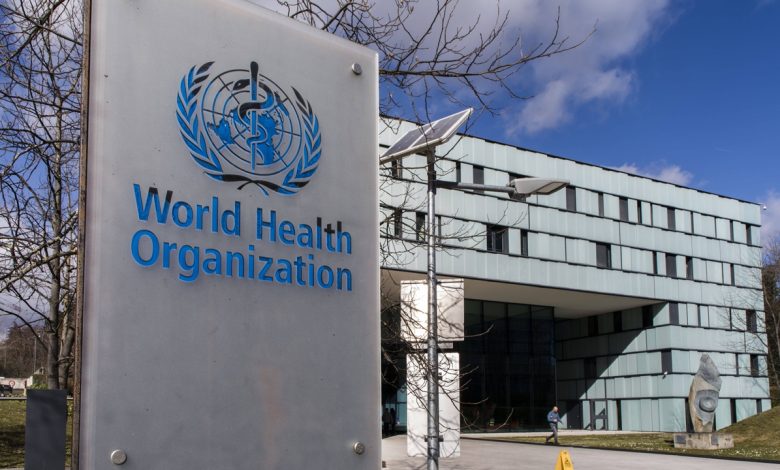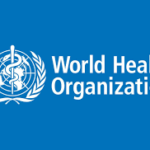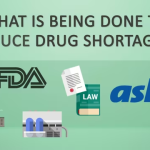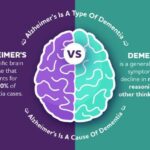WHO Adds 36 New Drugs to The Essential Medicines List

The World Health Organization (WHO) has recently made significant updates to its Essential Medicines List, (EML) encompassing treatments for various diseases. This essential medicines list is a crucial catalog that outlines drugs deemed necessary and should be available in all functioning healthcare systems. Inclusion on this list carries immense significance, as it can substantially improve access to essential treatments for patients worldwide.
One notable addition to the list is a trio of drugs used to treat multiple sclerosis, namely cladribine, glatiramer acetate, and rituximab. By incorporating these drugs, including generic and biosimilar versions where available, the WHO aims to address the pressing public health need of managing multiple sclerosis and support global advocacy efforts to alleviate the burden of this debilitating condition.
Additionally, the WHO has recognized the importance of treatments for alcohol-use disorders by adding naltrexone and acamprosate to the essential medicines list. These drugs, available as generics, play a crucial role in supporting individuals seeking to overcome alcohol dependency.
In response to the ongoing COVID-19 pandemic, the WHO experts have recommended creating a separate section on therapeutics in the essential medicines list. Rather than including individual medicines, this section will point to the WHO’s regularly updated COVID treatment guidelines, allowing for more flexibility in addressing the ever-evolving pandemic situation.
While the WHO has made commendable additions to the essential medicines list, some proposals were rejected based on expert evaluations. For instance, the inclusion of obesity drugs was not recommended due to uncertainties about their long-term clinical benefits and safety. Similarly, sunscreen for the prevention of skin cancer was not added, as further research is needed before its suitability for the list can be determined.
According to a statement released by the UN Agency, the EML includes medicines only on the basis of solid evidence for safety and efficacy. Approved indications within national jurisdictions or the availability of on-label alternatives is not a decision criterion,” said Secretariat of the WHO EML, Dr Benedikt Huttner. “Given the evidence base and the increased affordability of rituximab, including the availability of prequalified biosimilars, it has been prioritized over on-label alternatives as an essential medicine to treat relapsing-remitting and progressive MS”.
Cardiovascular medicines
Fixed-dose combinations of multiple medicines (commonly called ‘polypills’) for the prevention of diseases of the heart and blood vessels, notably cholesterol-lowering agents with one or more blood pressure lowering agents with and without acetylsalicylic acid (aspirin) have been added to the EML for the first time. Based on recommendations by previous EML Expert Committees, scientists from multiple countries conducted milestone trials confirming the benefit of these combinations for both primary and secondary prevention of heart disease.
Infectious diseases
New medicines listed for infectious diseases include:
- ceftolozane + tazobactam, a ‘reserve’ group antibiotic effective against multi-drug resistant bacteria, including difficult-to-treat infections caused by carbapenem resistant Pseudomonas aeruginosa;
- pretomanid for treatment of multidrug-resistant or rifampicin-resistant tuberculosis;
- ravidasvir (to be used in combination with sofosbuvir) for the treatment of chronic hepatitis C virus infection in adults;
- monoclonal antibodies for Ebola virus disease.
Cancer medicines
Two new cancer treatments have been added: pegylated liposomal doxorubicin for Kaposi sarcoma and pegfilgrastim to stimulate production of white blood cells and reduce the toxic effect of some cancer medicines on the bone marrow. The indications for several cancer medicines for children already included on the EMLc were extended to include new types of childhood cancers (anaplastic large cell lymphoma, Langerhans cell histiocytosis and Burkitt lymphoma). Additionally, those not recommended for inclusion encompass several patented, highly priced cancer medicines because of concerns about affordability and feasibility in low-resource settings. Some of these had been evaluated and rejected during past Committee meetings – PD-1 / PD-L1 immune-checkpoint inhibitors and osimertinib for lung cancers, and CDK4/6 inhibitors for breast cancer.
Other updates
Diabetes – current listings for human insulin on the EML and EMLc are extended to include cartridge and pre-filled pen delivery systems due to their potential advantages for patients over vials and syringes in terms of ease of use, greater accuracy of dosing and improved adherence.
Mental health conditions – a comprehensive review of medicines for mental health and behavioral disorders has led to updates to the EML and EMLc to ensure strong alignment between the Model Lists and recommendations in WHO guidelines, including the addition of two new medicines – acamprosate and naltrexone – for treatment of alcohol use disorder.
Essential medicines for children – updates were made to listed formulations of over 70 medicines the EMLc to ensure appropriate dosage forms and strengths for use in children aged up to 12 years are included. Ready-to-use therapeutic food is added to the EMLc for the treatment of severe acute malnutrition in infants and children up to 5 years old.
In total, 36 new items were added to the essential medicines list for both adults and children, bringing the total to 502 medicines for adults and 361 for children. This update reflects the WHO’s commitment to improving equitable access to quality-assured essential medicines and addressing global health challenges. The comprehensive list will be published in full later this year, providing valuable guidance for government purchasing decisions in low and middle-income countries. By continually updating and refining the essential medicines list, the WHO endeavors to overcome obstacles and ensure access to critical treatments for all individuals, regardless of their geographic location or economic status.





